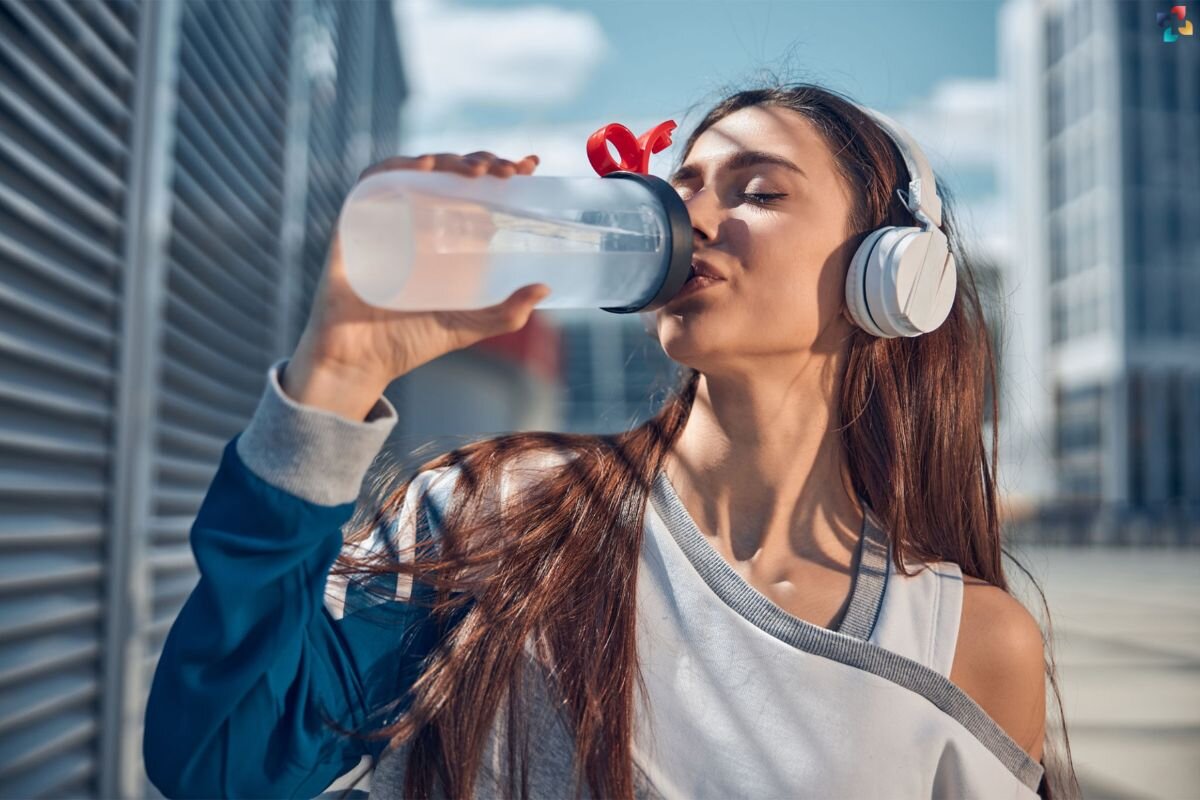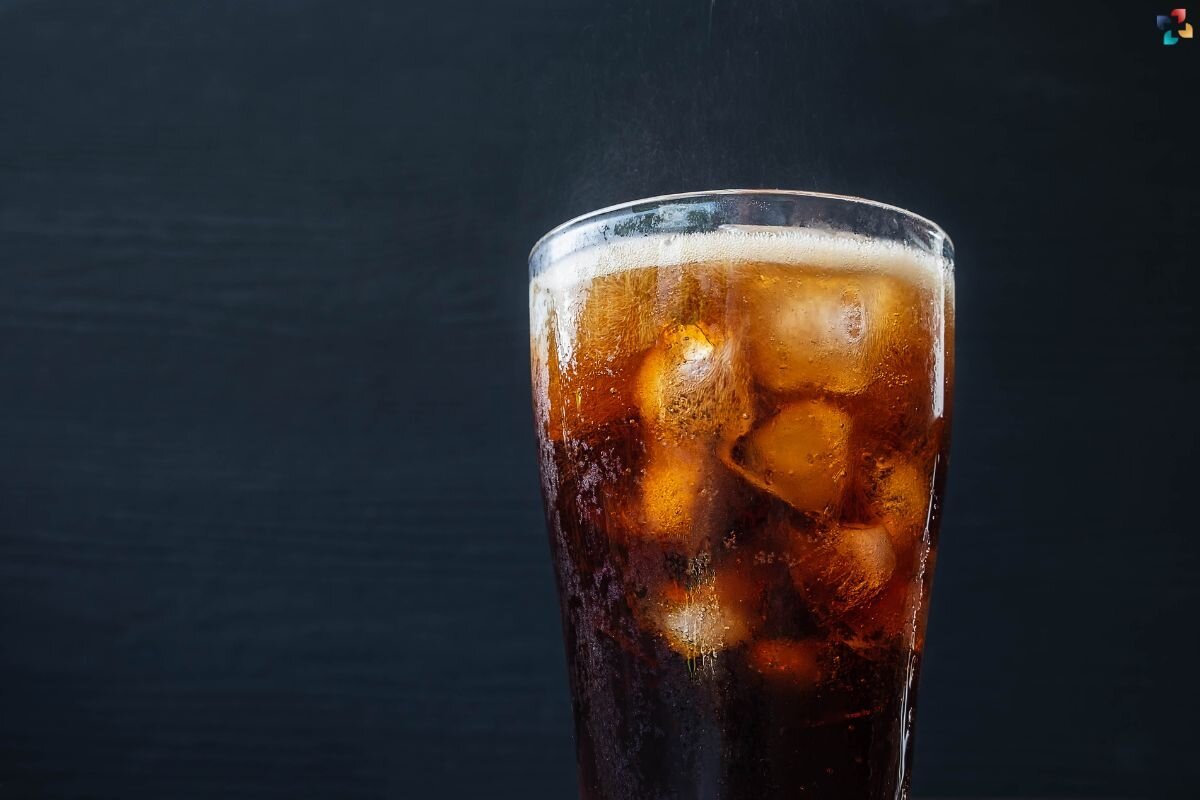Staying hydrated is essential for maintaining good health and preventing dehydration, which can cause a range of health issues. However, many people struggle to drink enough water throughout the day. Fortunately, there are many effective tips for staying hydrated and avoiding dehydration. In this article, we will explore 11 effective tips for staying hydrated and avoiding dehydration in detail.
Here are 11 Effective Tips for Staying Hydrated and Avoiding Dehydration;
1. Drink Water Throughout the Day

Consuming water on a regular basis is, without a doubt, the most important in the list of effective tips for staying hydrated and avoiding dehydration. While individual requirements may vary depending on variables such as age, sex, activity level, and environment, the general suggestion is to consume at least eight glasses of water on a daily basis. This number may vary somewhat from person to person. It would be much simpler for you to consume enough water if you take a refillable water bottle with you everywhere you go and drink from it at regular intervals throughout the day. This might assist you in maintaining your water intake and warding against dehydration.
2. Consume foods that are high in water content.
In addition to drinking water, you may also keep hydrated by consuming water-rich meals. Watermelon, cucumbers, celery, and strawberries are just a few examples of fruits and vegetables that contain a significant amount of water. These meals not only give water but also provide a variety of vitamins, minerals, and other nutrients that are important for optimum health.
3. Set Reminders to Drink Water
While they are preoccupied or distracted, a lot of individuals forget to drink enough water during the day. This is particularly common. Keeping yourself hydrated by programming regular reminders to drink water might be an efficient method. You may remind yourself to drink enough water by using a water monitoring app on your smartphone, computer, or any other device, or you can set reminders on those devices.
4. Drink Water Before, Throughout, and After a Workout
While you’re working out, staying hydrated is extremely crucial so that you can restore the fluids that you lose via perspiration. Consume water before, during, and after your workout to avoid being dehydrated and compromising your performance. The quantity of water you need to drink may vary depending on a number of variables, including the length and intensity of your workout, as well as how much you weigh and how quickly you sweat.
5. Avoid Sugary Drinks

Drinks high in sugar, such as soda, juice, and sports drinks, might make you feel more dehydrated, so it’s best to minimize or prevent your consumption of these. In addition to having a high sugar and calorie content, these beverages do not deliver the same level of hydration that water does. Choose water or low-sugar options such as herbal tea or coconut water as your beverage of choice rather than sugary beverages.
6. Make use of a Straw
It could be simpler to consume sufficient amounts of water throughout the day if you use a straw. Drinking water with a straw may make it easier to consume more water in a shorter amount of time while also elevating the experience of drinking water. If you have trouble drinking enough water during the day, you may find that drinking through a straw that you can reuse makes the process simpler and more pleasurable.
7. Consume Meals That Are High In Electrolytes.
Electrolytes are minerals that are vital for maintaining fluid equilibrium as well as hydration. Some examples of electrolytes are sodium, potassium, and magnesium. Consuming meals that are high in electrolytes may assist in maintaining proper water levels and warding off dehydration. Foods that are rich in electrolytes and may also give a variety of other health advantages, such as bananas, avocados, almonds, and seeds, are examples of such foods.
8. Develop a pattern of regular hydration.
Making drinking enough water a regular part of one’s routine is among the most effective strategies in the list of effective tips for staying hydrated and avoiding dehydration. If you make drinking water part of your daily habit, you’ll soon find that doing so comes naturally to you.
You May Make Staying Hydrated a Habit by Following Effective Tips for Staying Hydrated
- You should always have a bottle of water with you, regardless of whether you are at work, at home, or on the go.
- You should remind yourself to drink water many times during the day by setting alarms on your phone or computer.
- Use a hydration app to keep track of the amount of water you drink and to serve as a reminder to drink more water.
- Set a target for yourself to consume a particular quantity of water on a daily basis and keep a log of your accomplishments.
- Get a glass of water first thing in the morning to get the ball rolling on your hydration for the rest of the day.
9. Consume meals high in moisture.
Did you know that consuming certain meals might help you stay hydrated throughout the day? This is one of the best effective tips for staying hydrated and avoiding dehydration. You may contribute to your overall hydration by eating foods that include a high water content, which will make it simpler for you to remain hydrated throughout the day.
Include Some of the Following Items in Your Diet if You Want to Stay Hydrated: Effective Tips for Staying Hydrated
- Watermelon
- Cucumber
- Strawberries
- Tomatoes
- Lettuce
- Spinach
- Oranges
- Grapefruit
- Pineapple
- Broccoli
In addition to these items, other alternatives that may help you stay hydrated include smoothies and soups. These are the important part of Effective Tips for Staying Hydrated.
10. Reduce Alcohol And Caffeine Intake

While in moderation both alcohol and caffeine may be pleasurable, they both have the potential to contribute to dehydration in the body. Since it is a diuretic, which means it causes an increase in urine output, drinking alcohol may cause one to become dehydrated. Moreover, caffeine might have a little diuretic effect, which means that it can cause you to lose water via your pee. It is essential to monitor how much alcohol and caffeine you consume while also ensuring that you get enough water to counteract the effects of these substances.
11. Monitor urine color
Examining the color of your urine is another straightforward method for determining how well you are hydrated. The color of your urine may be used as an indicator of your level of hydration; lighter pee indicates that you are well hydrated, whereas darker urine indicates that you are dehydrated. A light lemon yellow tint, like the color of lemonade, should be your target. If you need to drink extra water because your urine is a dark yellow or amber color, this is a warning indication.
BOTTOM LINE
effective tips for staying hydrated and avoiding dehydration, maintaining an adequate level of hydration is essential to both one’s general health and well-being. By putting these suggestions into practice and making adequate hydration a top priority, you may lessen the likelihood of suffering from dehydration and maximize the advantages associated with maintaining an optimal level of hydration.











